Saudi Arabia
With the annual Hajj pilgrimage beginning on Wednesday, Muslim worshippers are starting to arrive in the Saudi city of Mecca. This year, two million people are expected to complete the holy pilgrimage, that makes up one of the five pillars of Islam.
Hajj is a once-in-a-lifetime obligation for Muslims who are financially and physically able to complete it. The spiritual journey is also physically very demanding. Pilgrims carry out the five-day ritual outdoors, often under searing heat, among massive crowds.
Many walk over 25 kilometers in a single day, navigating unfamiliar languages, routines, and environments.
There is little privacy, and personal space is rare. Despite the physical strain, for many, the experience is life-changing.
Among the crowd this year is Belhajj Beafo, a pilgrim from Algeria.
“This is my first time performing Hajj,” he said, eyes filled with emotion. “May God enable me, God willing… The rituals have been completed, and we hope that Hajj will be performed by everyone who wishes for it.”
For Layla Saad, a pilgrim from Egypt, the journey is both spiritual and deeply personal.
“My first prayer, God willing, will be for the people of Gaza and the people of Sudan,” she said. “God willing, our Lord will spare the bloodshed of all Arab countries.”
Describing the moment she arrived at the Grand Mosque, she added, “What an indescribable feeling… it’s something beautiful, very, very beautiful. You wish it had come when you were younger — but thank God it has come.”
Health and emergency services
To support the millions of pilgrims arriving this year, Saudi Arabia has expanded its health and emergency services.
Fahad bin Abdulrahman Al-Jalajel, the Kingdom’s health minister, said authorities are anticipating multiple environmental risks, including heatstroke, sunstroke, and possible rainfall.
“We are working with our partners in various government sectors to develop many solutions,” he said, citing increased shading in pedestrian areas, more misting fans, and a major tree-planting campaign.
“The Royal Commission for Makkah and the Holy Sites has planted 10,000 trees to improve the environment, reduce heat, and provide shade.”
Medical readiness has also been scaled up. “We’ve increased bed capacity at the holy sites by 60%,” Al-Jalajel said. “A new 200-bed emergency hospital has been built in Mina, and three field hospitals have been added with support from the ministries of national guard, defence, and interior.”
This year, technology is playing a bigger role in safety and logistics.
For the first time, drones are being used to monitor crowd movement, respond to fires or accidents, and deliver medical supplies.
“The drone service truly solves a major challenge we face during Hajj,” said Al-Jalajel. “With large crowds and road congestion, ground transportation of medical supplies can be delayed — but drones allow us to deliver urgent medicine directly where it's needed.”




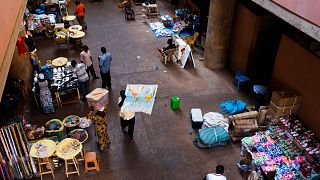
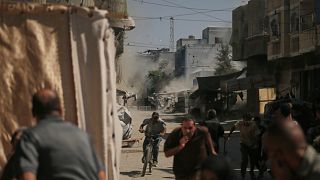
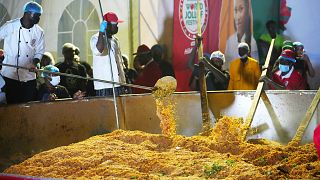
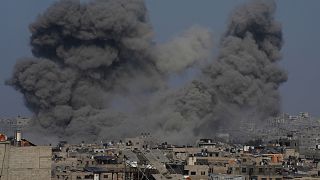
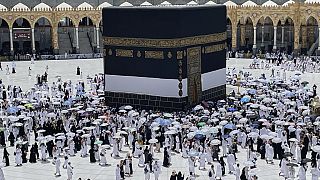

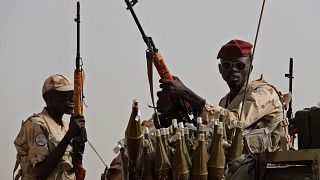
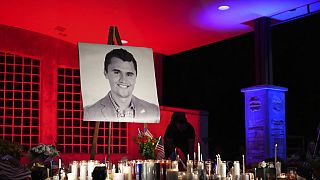
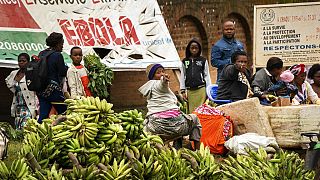
Go to video
Millions gather in Karbala for Arbaeen pilgrimage
00:54
Haitians mark annual Voodoo-Christian pilgrimage amid gang violence
01:45
From Uganda to NYC: Zohran Mamdani's rise in American politics
01:17
Kenyan Muslims pray for Gaza as they celebrate Eid Al-Adha
01:21
Scorching heat challenges pilgrims at mount Arafat during sacred Hajj ritual
01:11
Muslims mark Day of Arafat on the second day of Hadj in Saudi Arabia